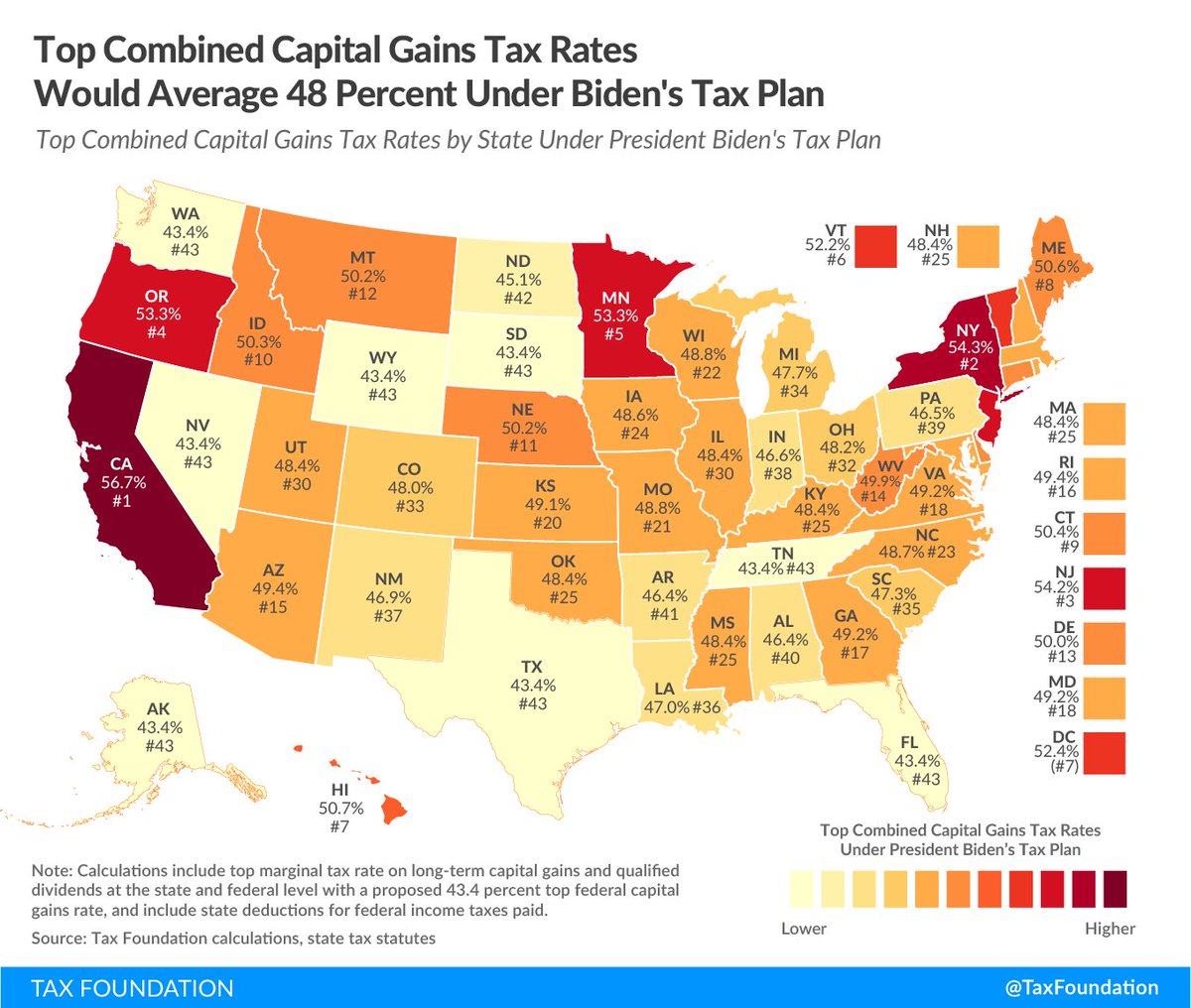
The Inflation Reduction Act includes a 15 percent corporate minimum tax, drug price controls, IRS tax enforcement, and a tax hike on carried interest to pay for increased spending on energy and health insurance subsidies as well as deficit reduction.
[THREAD]
[THREAD]

The on-again-off-again negotiations over the proposed #BuildBackBetter tax increases on corporations and high-income earners appears to be… on again.
Sen. Joe Manchin (D-WV) is now expressing support for something called the #InflationReductionAct. (2/9)
Sen. Joe Manchin (D-WV) is now expressing support for something called the #InflationReductionAct. (2/9)
Next week, the Senate is scheduled to begin voting on a reconciliation bill that may put all of the #BuildBackBetter tax and spending increases on the table. (3/9)
.@EconoWill: Supporters seem to be operating under the flawed assumption that as long as the bill reduces the #deficit it will reduce #inflation. If only it were that simple. The real issue is how it affects the economy, particularly at a time of looming global #recession. (4/9)
.@EconoWill: Bad advice is coming from certain economists who are perennially in favor of tax increases. There's no consensus on whether “tax increases reduce #inflation” since it depends on several things, including how the tax revenue is spent. (5/9)
Efforts to penalize drug companies by controlling prescription drug prices will have the undesirable effect of reducing drug innovation over time, much like similar policies enacted in Europe in the 1990s that led to an exodus of R&D activity.
taxfoundation.org/prescription-d… (6/9)
taxfoundation.org/prescription-d… (6/9)
It would be better to pursue tax reforms with a proven track record for growing the #economy over the long run and address the unsustainable trajectory of debt by reining in near-record #spending.
taxfoundation.org/economic-growt… (7/9)
taxfoundation.org/economic-growt… (7/9)
These reforms include better treatment for capital investment, reducing the layers of tax on corporate income, reducing #tariffs, broadening the individual income tax base and lowering marginal tax rates, and expanding #savings account options.
taxfoundation.org/economic-growt… (8/9)
taxfoundation.org/economic-growt… (8/9)
Some 40 years ago, the U.S. dealt with high #inflation and slow economic growth. Then as now, the solution is a long-term focus on stronger economic growth and sustainable federal #budgets.
taxfoundation.org/higher-taxes-i… @EconoWill (9/9)
taxfoundation.org/higher-taxes-i… @EconoWill (9/9)
• • •
Missing some Tweet in this thread? You can try to
force a refresh








